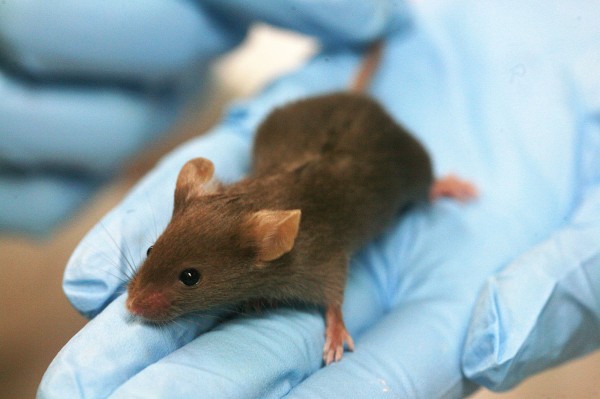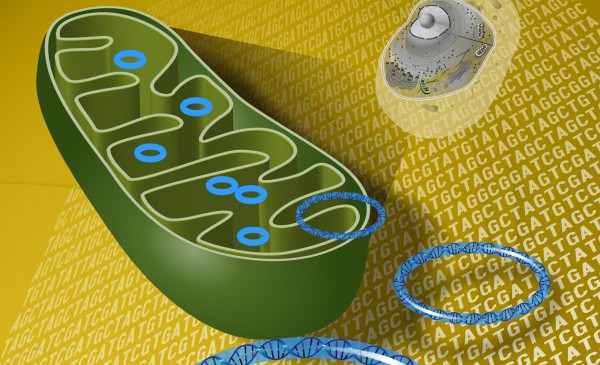Brain damage caused by devastating inherited diseases can be reversed simply by breathing thin air, an early study suggests.
The results, from research on mice, hint at the possibility of using oxygen deprivation to prevent or even reverse mitochondrial disorders.
Scientists studying mice genetically engineered to develop a form of Leigh syndrome – which affects muscles and growth, leading to early death from respiratory failure – found that halving the amount of oxygen in their air more than quadrupled the animals’ lifespan from 58 to 270 days.
Scans showed no evidence of tell-tale lesions, or sites of damage, in mouse brains associated with neural degeneration.

Lead researcher Dr Vamsi Mootha, from the Howard Hughes Medical Institute in the US, said: “We found, much to our surprise and delight, that we could actually reverse advanced disease.
“I don’t think anybody thought that these types of neurological diseases could be reversible.”
The air the mice breathed contained 11% oxygen, compared with the 21% found in normal air at sea level. This is similar to what climbers would encounter at Mount Everest base camp, at an altitude of about 17,000ft.
While certainly not “super comfortable”, a healthy person would be able to tolerate it, said Mootha.

Previous research published last year from the same team showed that hypoxia, or oxygen deficiency, appeared to improve the health of mice with defective mitochondria but the new study goes much further and indicates that oxygen deprivation actually reverses existing brain damage caused by mitochondrial disease.
Magnetic resonance imaging (MRI) scans revealed that after a month of breathing low-oxygen air, lesions in the mouse brains had disappeared.
Mootha said the findings were “profound and striking” but stressed the research was still at an early stage and a long way from benefiting patients.
Exactly how being deprived of oxygen counteracts the effects of mitochondrial disease is still unknown.

The team plans to investigate molecular pathways triggered by low-oxygen conditions that may help to protect and repair the brain.
Mitochondrial diseases are caused by defective DNA in the mitochondria – tiny rod-like power plants in cells that supply energy.
They are only passed on to children from their mothers and can cause a wide range of conditions including muscle wasting, heart, liver and kidney damage, visual and hearing problems, and learning disability.
The study is published in the journal Proceedings of the National Academy of Sciences.







0 comments:
Post a Comment